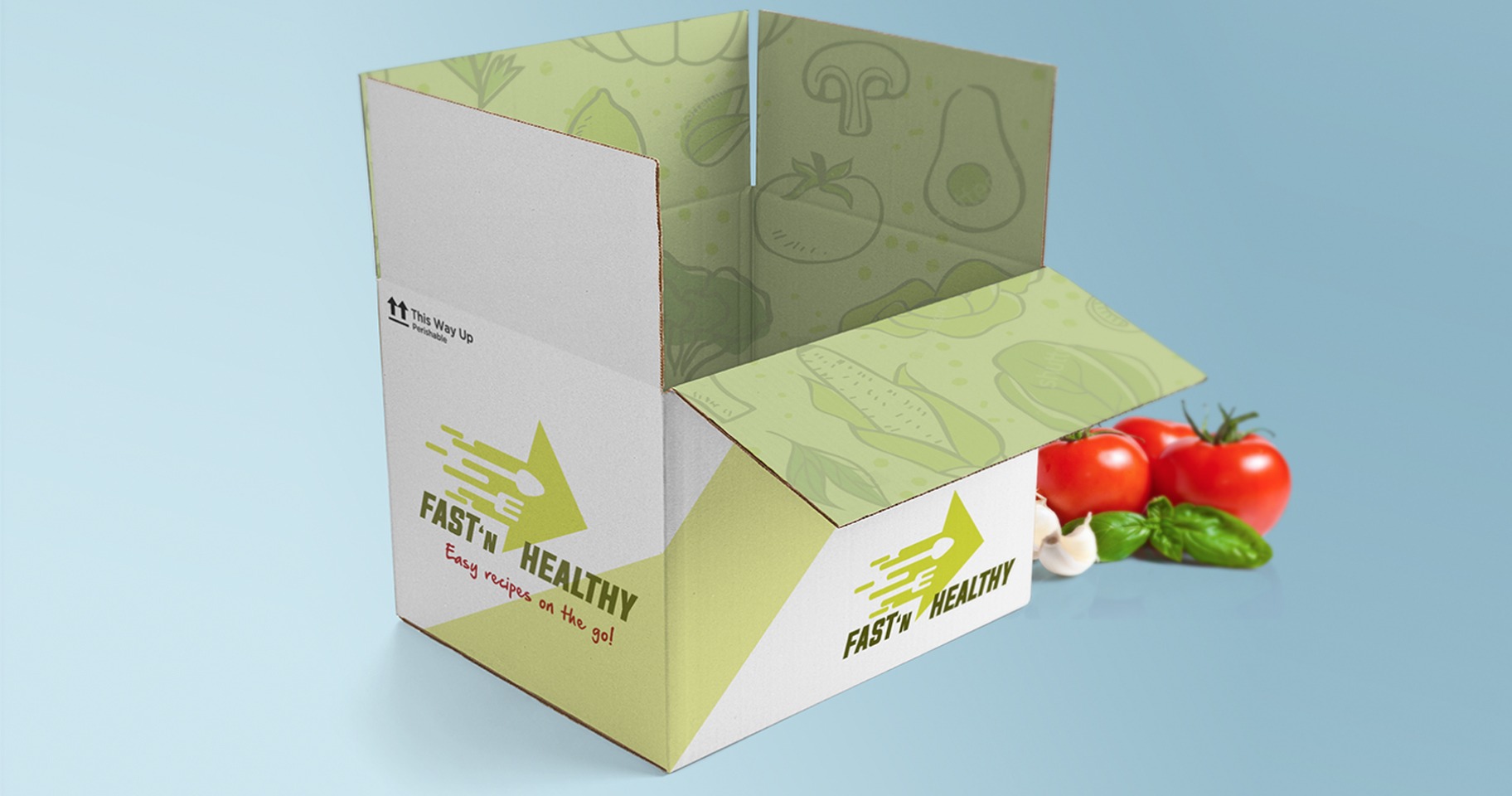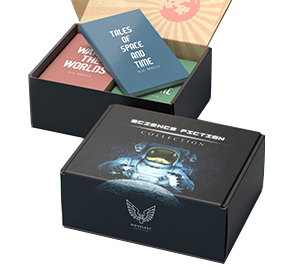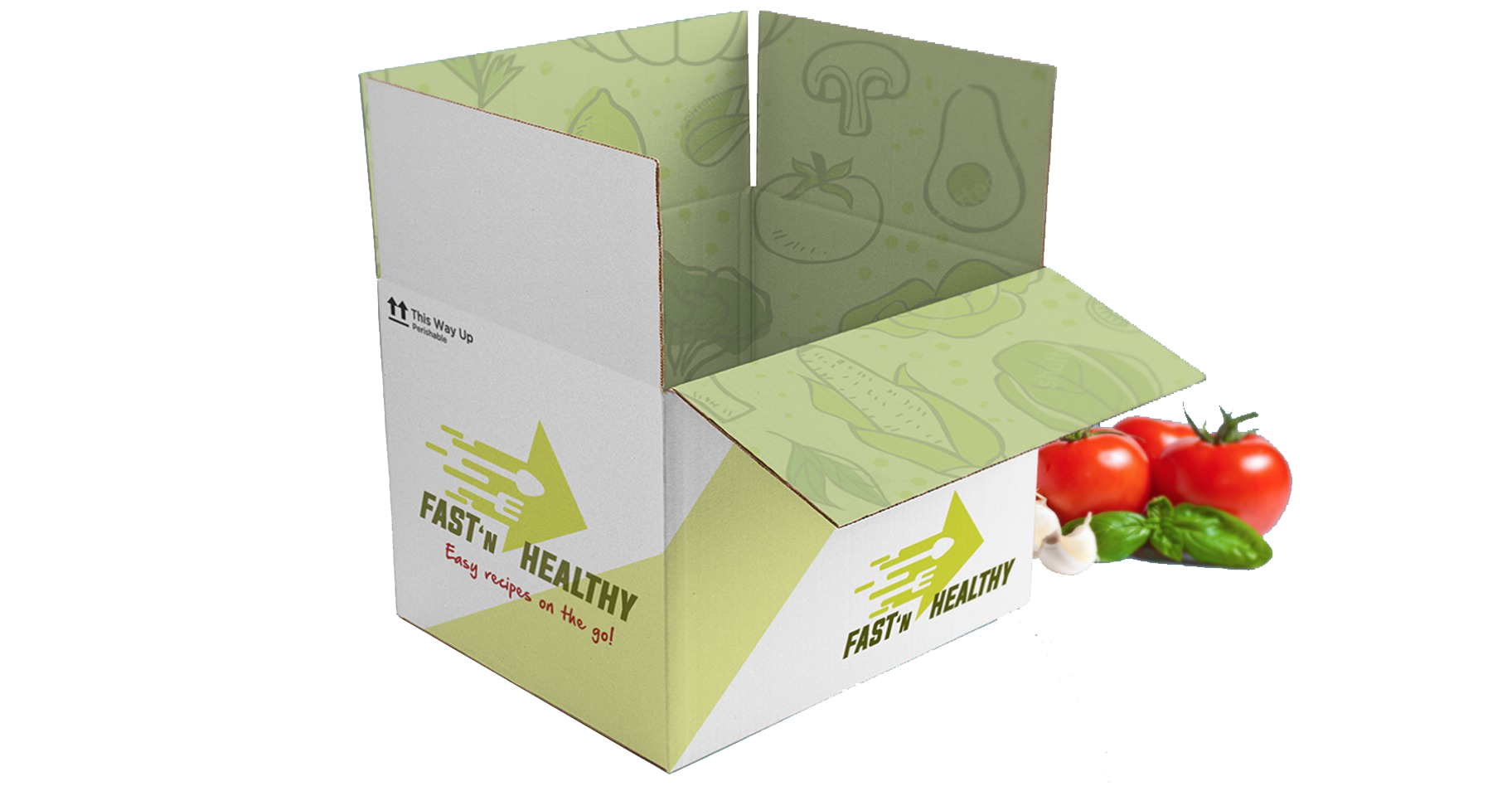What is Packaging?
Have you ever asked someone to buy a product for you? If so, you probably had to explain how it looks like, the name on the box, and maybe even showed a photo for clarification. This is not the only purpose of packaging printing but proves its significant role in how brands get noticed, purchased, and remembered.
But effective packaging doesn’t just make products look good. Packaging includes everything related to the conceptualization, design, testing, evaluation, and production of your merchandise. Learn more about why it has become a powerful tool for marketers, its common uses, and key factors and strategies to consider as you venture into the world of packaging printing for your business.
The Purpose of Packaging

The Packaging is too big or too small
By its very definition, packaging is the material around a consumer item that serves to contain, identify, describe, protect, display, and promote the product.
Different merchandise need different kinds of packaging. Some may need something as sturdy as a custom box, and some products can be stored in custom pouches. Whatever packaging you choose, their main purpose is to secure your products, differentiate your brand from the competition, attract buyers, and convey information to your consumers. Packaging often comes as an afterthought, but it should be considered a part of your marketing strategy and product development right from the very beginning.
From the time it ships from the warehouse to its arrival and display in stores, to purchase, delivery, all the way to that moment the customer uncovers the materials and experiences your product. Packaging must be on point, every step of the way.
Common Uses of Packaging
Let’s get into the details on the objectives of packaging and how businesses use them today.

Promotion
Packaging should look good, not only to grab the attention of potential customers but to also enhance your brand image. When you think of Cheerios, your mind conjures an image of their simple yet iconic bright yellow box packaging. When people see your product as something end users purchase or use regularly, your packaging helps build awareness and differentiate your brand from the competition.
Protection
Wherever your product goes, the packaging should keep it secure. Consider your entire production process and conceptualize your packaging based on that. Your merchandise may require protection from, but not limited to, shipping damage, compression, leakage, and temperature changes.
Communication
Manufacturers use packaging to inform users more about the product. For many customers, the materials, production, usage instructions, expiration date, and even the brand story are what help them decide whether they should purchase an item.
Function
Another important element to consider when creating packaging is its convenience. Is it easy to pack and ship? Does it fit and display well on store shelves? Does the packaging make it easier for the customer to use the product? Asking these questions helps you strike a balance between form and function.

Packaging Considerations
As you begin developing your packaging, your decisions need to link closely to important factors like your overall product, budget, industry regulations, and end-use.
These are the important aspects you need to consider as you create packaging:
Design
The essential elements to packaging design include the overall look, materials, and how that communicates your branding and the feelings it evokes from your audience. Think about how your product will look right next to other brands on display. Packaging sizes, colors, patterns, and even textures should be carefully reviewed and tested before a design has been finalized.Budget
Understand what your product needs, what your customers look for, what your budget allows, and find that middle ground when you print packaging. Determine your price point. Some consumers don’t mind spending a little bit more on an item if they know it comes in a premium, gift-like box instead of a traditional brown box.Industry Requirements
Depending on what you’re selling, some packaging takes longer to develop and produce than others because of legal provisions. Food packaging, for example, needs to be verified that materials packaging materials are safe, information is complete, and other processes follow regulations. Always check and study your industry’s packaging guidelines before finalizing the product.Packaging Strategies
After learning the basic needs for packaging and narrowing down your choices, here are a few more tips to keep in mind:
Test your packaging. Before rolling out the product, check to see how your packaging performs and if it meets your objectives. Try it with your shipping and storage process to determine its durability. Gather different consumer opinions and reactions. The data and insight you gather will help you improve and know what to do on the next product development.

Customers are increasingly aware of how their purchasing decisions impact the environment. Using eco-friendly packaging with made with sustainable materials reduces your company’s carbon footprint and improves your brand image.
This is a cost-effective strategy that increases your product shelf life and lets customers reuse your packaging multiple times. You get virtually free promotions when they use custom boxes, pouches, and paper bags with your logo on it which can increase brand recognition.
The consumer landscape is dynamic, online shopping is on a steady growth, and every year more and more products enter the market. Knowing important packaging trends helps you stand out and stay relevant to customers and their needs.
At NextDayFlyers, we’re committed to helping you bring your packaging ideas to life. With our customization options, high-quality materials, and decades of online printing experience, we can print custom packaging your products deserve.
Try custom packaging today.

